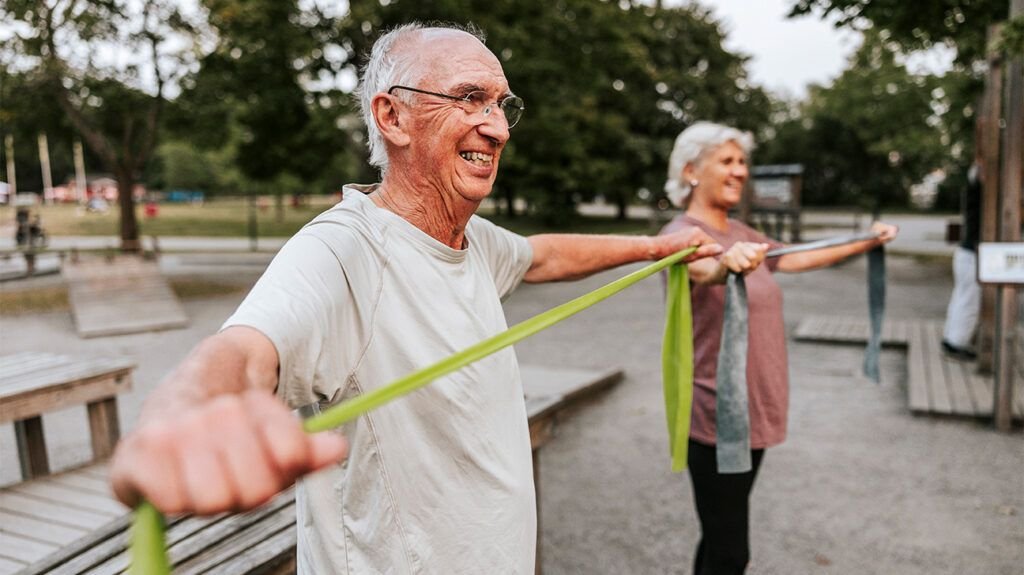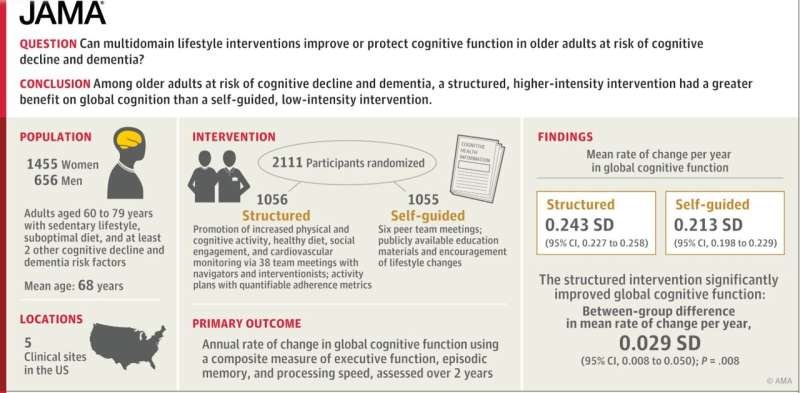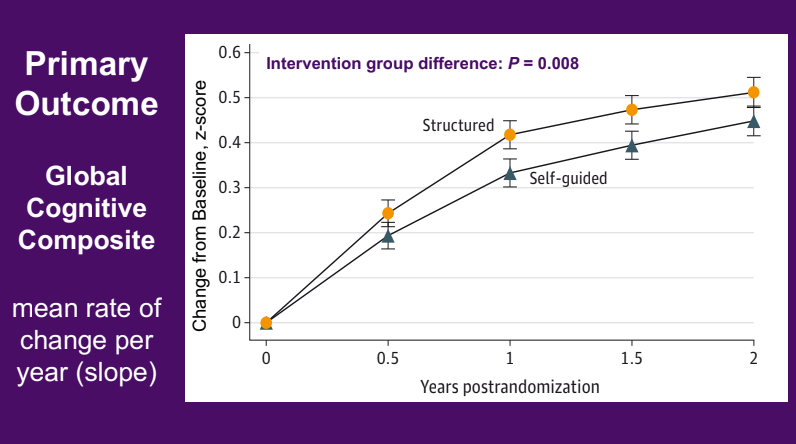Dementia is a significant health concern in the USA, and the number of people affected is substantial and growing. According to various sources, over 7 million Americans are estimated to be living with Alzheimer’s disease (the most common type of dementia) in 2025. This number is projected to rise to nearly 13 million by 2050.
While there’s still no guaranteed way to prevent all types of dementia, extensive research suggests that a healthy lifestyle can significantly reduce your risk. What’s good for your heart is generally good for your brain!
To find out more about this new discovery, that grants hope to the thousands who suffer from the illness, click here: https://t.co/enuC1l3Vcb
— Race Against Dementia (@racingdementia) July 29, 2025
Regular exercise is key with experts suggesting at least 150 minutes of moderate-intensity aerobic activity per week (like brisk walking, cycling, or dancing).
Reducing sedentary time is also vital with even small amounts of exercise being beneficial.
A healthy diet also plays a key role with fruits, vegetables, whole grains, lean proteins, and healthy fats are all essentials with these along with fish, and olive oil, have been linked to lower dementia risk.

Managing weight, cholesterol levels and and maintaining cardiovascular health are all cited as being important with high cholesterol levels also increasing the risk of dementia.
Stay mentally and socially active
Engage in mentally stimulating activities like reading, learning a new language or musical instrument, doing puzzles (crosswords, jigsaws), taking courses, or pursuing new hobbies are all deemed as important to keep our brains stimulated.
Related stories
Staying socially connected is important too by participating in social activities, volunteering, and maintaining strong connections with family and friends.
Caring for friends and family with #dementia can be overwhelming. 💙
So, if you know someone who looks after a person with dementia, here are six ways you can support them!
What are your tips for supporting carers? Let us know in the comments this #WorldFriendshipDay. 👇 pic.twitter.com/76jMz2IPRJ
— Dementia UK (@DementiaUK) July 30, 2025
Get your game on! Whether you’re into NFL touchdowns, NBA buzzer-beaters, world-class soccer goals, or MLB home runs, our app has it all. Dive into live coverage, expert insights, breaking news, exclusive videos, and more – plus, stay updated on the latest in current affairs and entertainment. Download now for all-access coverage, right at your fingertips – anytime, anywhere.







